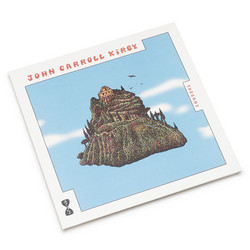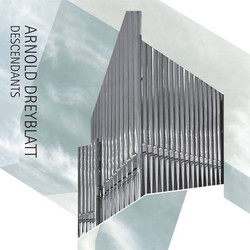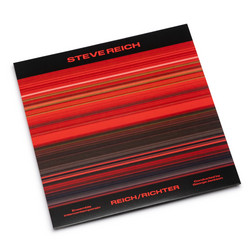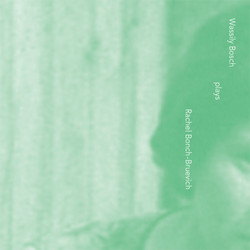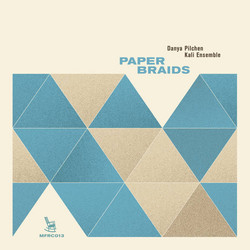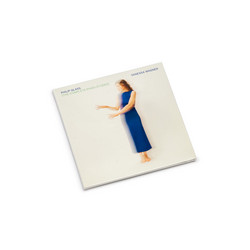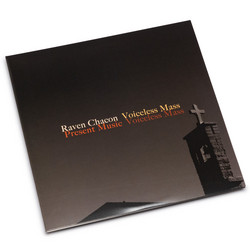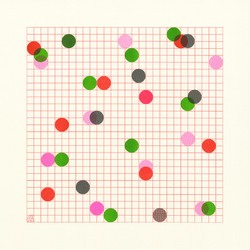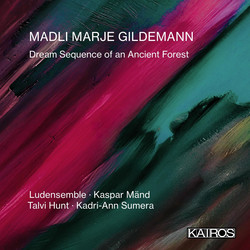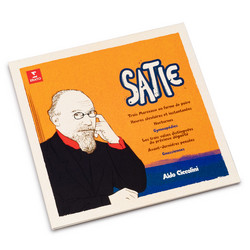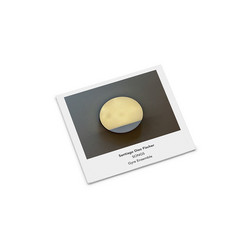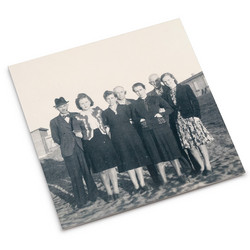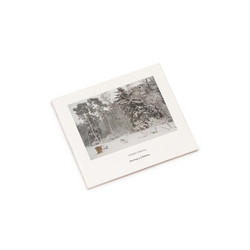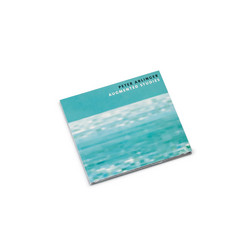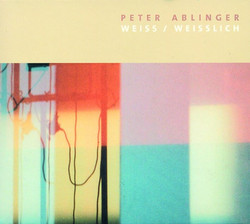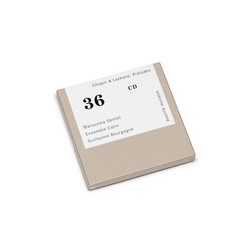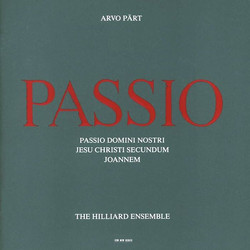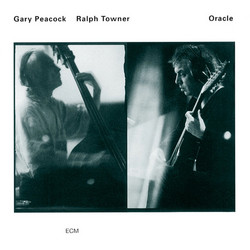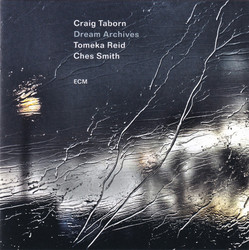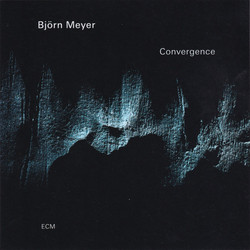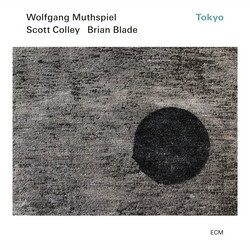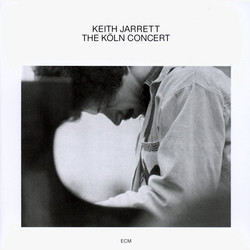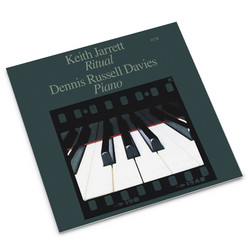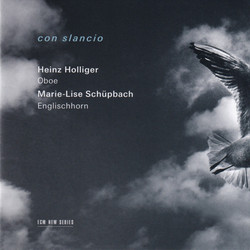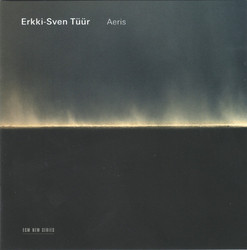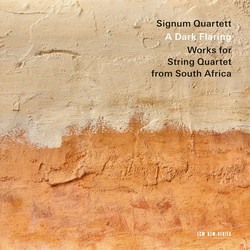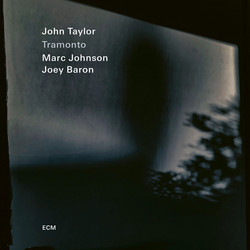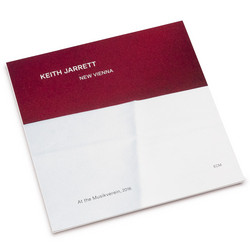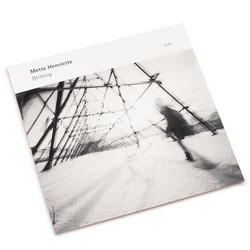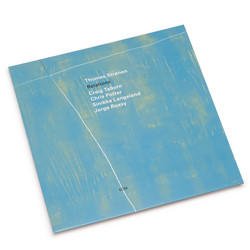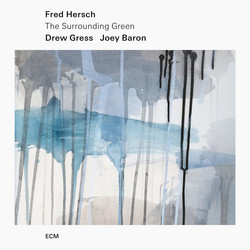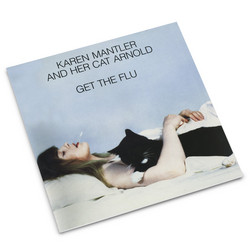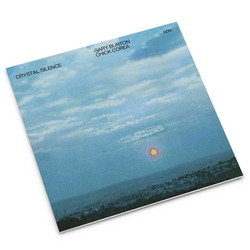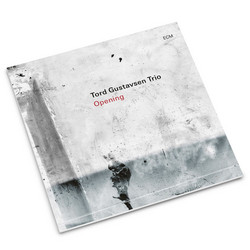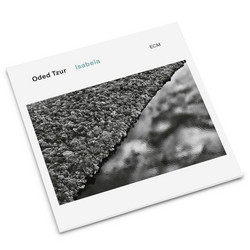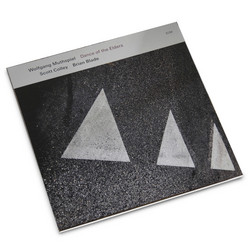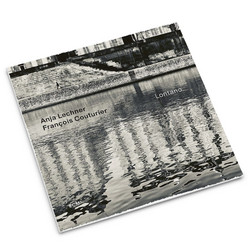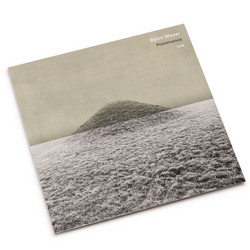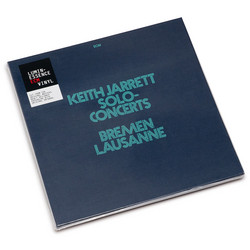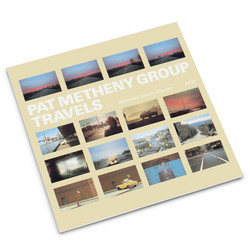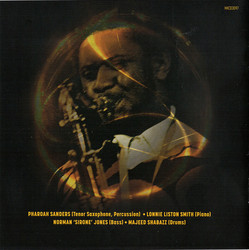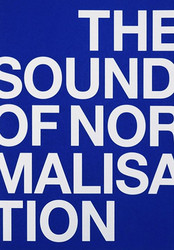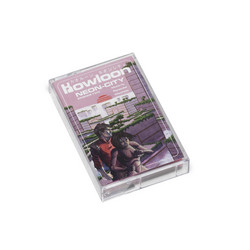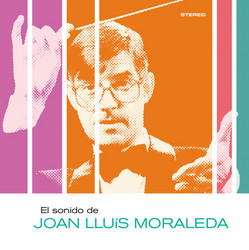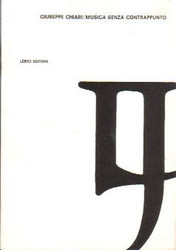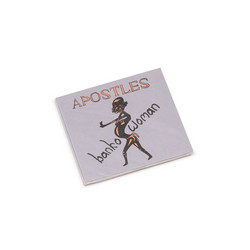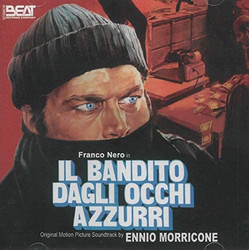*2024 stock. Deluxe packaging* Although by now almost habitually referred to as Britain’s foremost early music vocal group, the Hilliard Ensemble (founded 1974) has long had an equal, and complementary, commitment to contemporary music. Its members have sought out new music that adapts itself to the group’s blend of voices and, where necessary, commissioned works from composers they admire. In their recitals, century-spanning leaps – from John Cage, say, to Josquin Deprez (or vice versa), from Pärt to Perotin, from Holliger to Machaut, from Bryars to Purcell – are not all uncommon. ECM New Series has documented some of the ensemble’s work with contemporary composers, with Arvo Pärt above all – see Litany, Miserere, Passio, Arbos – but also with Giya Kancheli (Abii ne viderem), and Gavin Bryars (Vita Nova), as well as the unclassifiable Officium project with improvising saxophonist Jan Garbarek. Now, in A Hilliard Songbook, a double album anthology, the group surveys the landscape of modern secular and sacred vocal music.
In conversation with the magazine Early Music Today, John Potter explained the rationale behind the polarities of the group’s repertoire: "Our approach to new music grows directly out of our experience with early music, and we limit ourselves to an area where we can use our skills and interests in early music and apply them to the contemporary repertoire. It’s interesting how much one can give to the other: in some ways, fifteenth century vocal style transfers much more easily to late twentieth century work than to anything in between. There’s a region of contemporary writing, which lies between the fiercely complex old avant-garde and the more spare, stark post-modernism, that co-exists very happily with early music."
Of the new music for voices in A Hilliard Songbook, only four compositions were not written specifically for the Ensemble: nonetheless, And one of the Pharisees and Summa, both by Arvo Pärt, Michael Finnissy’s Stabant autem iuxta crucem and Morton Feldman’s Only, are all staples of the group’s recitals.
The present collection opens with an eruption of energy, a startling attack on the physics of sound and the physicality of his instrument by double- bassist and composer/improvisor Barry Guy. Guy wrote Un coup de dés to a text by Mallarmé for the Ensemble, won the Hilliard Competition Prize of 1994 with it, and is 1996 composer-in-residence at the Hilliard Summer School. His guest role on A Hilliard Songbook is the latest unorthodox move in a biography full of seeming contradictions. The only member of the European improvising community consistently profiled in the Grove Dictionary, Guy studied with serialist composer Buxton Orr, has led the London Jazz Composers Orchestra since 1971, was principal bassist of Christopher Hogwood’s Academy of Ancient Music for 12 years, has composed numerous concert works (including a Concerto for Orchestra, recently premiered by the City of London Sinfonia), and currently plays with Evan Parker’s electro-acoustic ensemble (New Series debut due in 1997).
